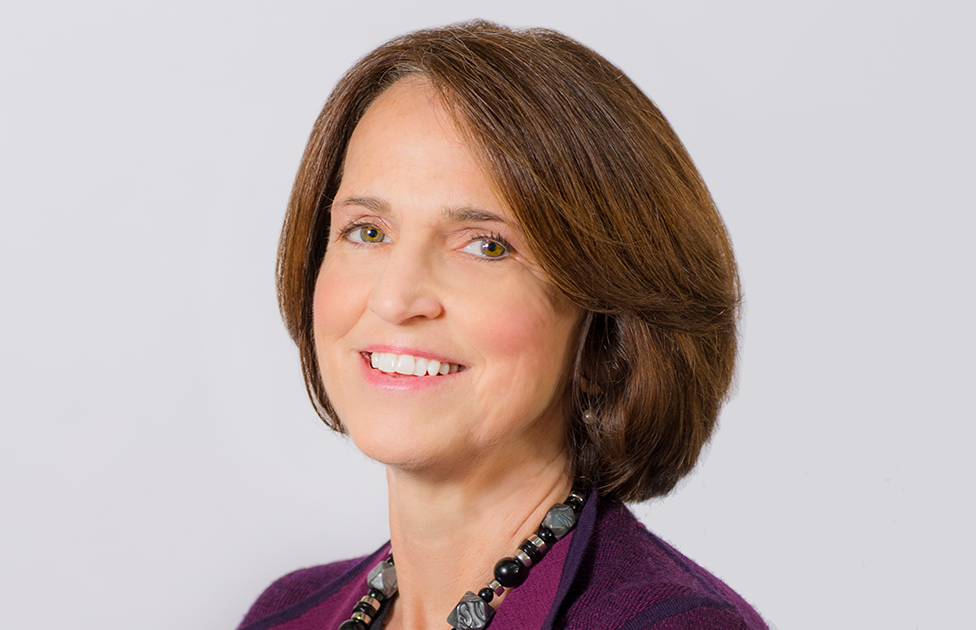While unpacking my 2025 calendar in preparation for the new year, I was momentarily startled to realize that it has been five years since COVID-19 invaded our communities and care settings and put residents, team members, and families at enormous risk.
Sometimes, it seems like just yesterday that we pulled together, with a mix of panic and determination, to fight an enemy we did not fully understand. At other times, the pandemic seems to have finally moved into the rearview mirror.
While we will never forget our shared experiences or the family, friends, and colleagues we lost, it’s time to use the lessons we learned during the pandemic to secure the future health of our organizations and the people we serve.
At the dawn of this new year, two lessons stand out for me:
Leadership counts. We watched with admiration as both experienced and emerging leaders worked together to steady our organizations during the worst days of the pandemic. Colleagues in C-suites and on the front lines tapped into their leadership potential to educate, collaborate, support, and reassure us when we needed them most.
We learned that effective leaders can be found at all levels and in all roles. We discovered that these leaders have the power to inspire us and quell our fears. We realized that all leaders, regardless of experience, deserve recognition and need training so they are prepared to help our organizations not only navigate crises but grow and thrive.
Communication is essential. As fear and uncertainty about COVID-19 spread, our leaders got in the habit of communicating regularly with a variety of stakeholders, including residents, clients, team members, families, government agencies, community partners, and the public.
We quickly learned that open, transparent, and frequent communication is a fundamental responsibility for all effective leaders. During the pandemic, this communication helped our organizations build valuable relationships and save lives.
The need for resilient leadership and strong communication has not diminished since the pandemic moved out of its emergency phase. The demands of our post-pandemic world require that all leaders continually hone our skills so we will be well-positioned to address new opportunities and challenges.
LeadingAge understands this need and is ready to help.
Our extensive leadership resources and education programs, including our Next Level Leadership series and New CEO program, are designed to support established leaders and develop emerging ones. In addition, this year’s Leadership Summit, to be held April 7-9 in Washington, DC, will offer in-depth explorations of topics that matter most to aging services leaders, including public policy, strategic planning, organizational growth, governance, team engagement, and data analytics.
Communication will also be on the Leadership Summit agenda. Keynote speaker and Pulitzer Prize-winning author Charles Duhigg will offer practical advice to help you develop a communication approach that goes beyond information sharing to forge deep connections with others. Those connections will become critically important as providers of aging services navigate a year of political transitions at the national, state, and local levels.
“Learning to have meaningful conversations is, in some ways, more urgent than ever before,” Duhigg writes in Supercommunicators: How to Unlock the Secret Language of Connection. “It’s no secret the world has become increasingly polarized, that we struggle to hear and be heard. But if we know how to sit down together, listen to each other, and … find ways to hear one another and say what is needed, we can coexist and thrive.”
Like you, I’m relieved the pandemic no longer affects our daily lives like it did five years ago. But we can’t forget the critical lessons COVID-19 taught us. Let’s do our best to use those lessons to build a better future for our organizations and the people we serve.
A Parting Thought: I look forward to seeing you and your leadership team at this year’s Leadership Summit. Registration opens on January 22. In addition, I hope you will consider honoring a leader on your team by nominating them for the LeadingAge Leadership Award, which will be presented during the summit.

 Shutdown Week Three: Impact of Ongoing Closure on Affordable Housing
Shutdown Week Three: Impact of Ongoing Closure on Affordable Housing Colleagues on the Move, February 18, 2026
Colleagues on the Move, February 18, 2026


